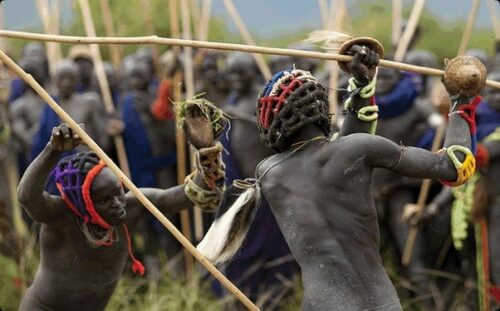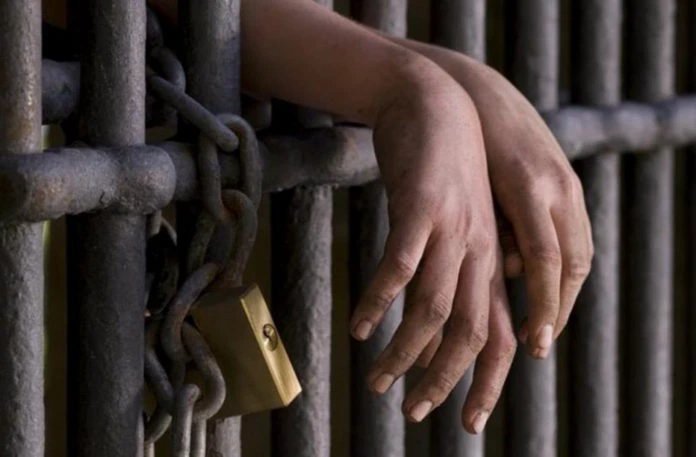Fulani Bridegroom Whipping Marriage Practice You Did Not Know


A traditional practice among the Fulani people of West Africa, known as the “bridegroom whipping,” has recently come under scrutiny by human rights activists and local government officials.
The practice, which typically takes place during the wedding ceremony, involves the bridegroom being whipped by his male relatives as a form of initiation into adulthood and a demonstration of his bravery. The number of lashes inflicted can vary, but it is not uncommon for the groom to receive dozens or even hundreds of lashes.

While some members of the Fulani community defend the practice as a cultural tradition that has been passed down for generations, others argue that it is a form of violence and abuse that should be banned.
Human rights organizations have called on the government to take action to outlaw the practice, citing the potential for serious injury or even death. They argue that the practice is particularly harmful to young men and can lead to lasting physical and psychological damage.
Local government officials have also expressed concern about the practice and have pledged to work with community leaders to find a solution. In some areas, government officials have already begun to take steps to educate the public about the dangers of the bridegroom whipping and to encourage people to abandon the tradition.

Despite these efforts, the practice remains widespread in many parts of West Africa, and it remains to be seen whether it can be effectively eradicated. As the debate over the bridegroom whipping continues, it is clear that it is a complex issue that will require the cooperation of community leaders, government officials, and human rights activists to address.

As the world is becoming more global and values are changing, it is important for people of different cultures to have mutual understanding and respect for each other’s customs and traditions, while also recognizing the importance of protecting human rights.





